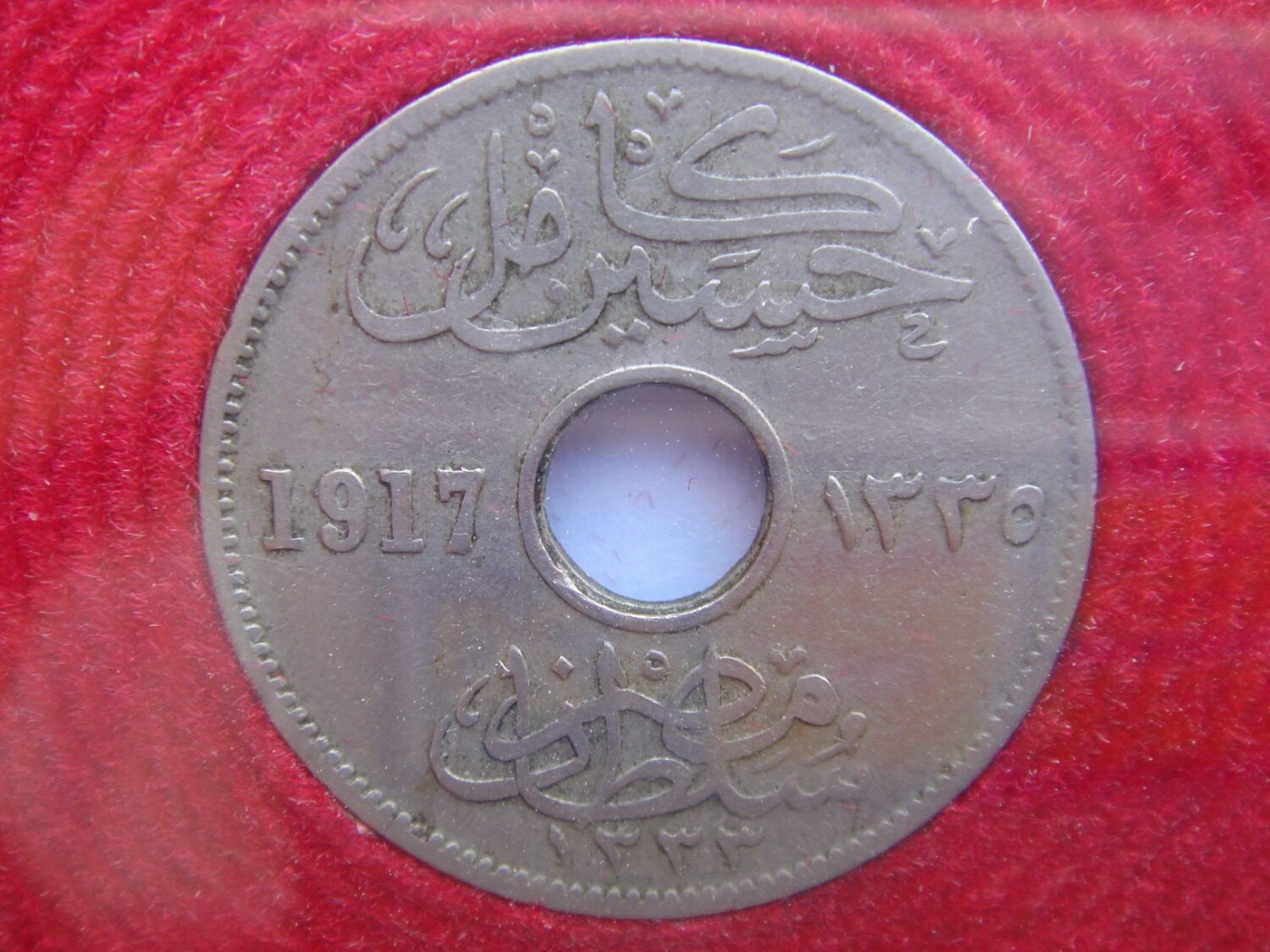
In 1821, Ismail Pasha, the general and youngest son of the nominally Ottoman khedive of Egypt, Muhammad Ali, led an army into Sinnar (not to be confused with Muhammad Ali’s grandson Ismail Pasha who was proclaimed as the Khedive of Egypt in 1863). The occupation was aimed mainly at controlling the material and human resources of the country. Muhammad Ali was interested in the gold and slaves that Sudan could provide to build Egypt’s modern state to which he aspired.
The occupation was accomplished in stages, the last of which was to annex Bahr al-Gazal, Darfur, and Equatoria in the south. After the occupation, the country entered a new era, evolving from a political system with limited relations to the external world to a new, united polity.
During the Turkish-Egyptian rule of Sudan, the country began to be integrated into regional and international markets and politics. The administration was modernized, new crops and agricultural methods were introduced, and foreign trade expanded. During that era, European explorers began to flock into Sudan in an attempt to reach the sources of the Nile.
Turkish internal policy was very harsh, depending on repression and the forcible collection of exorbitant taxes and customs, regardless of the local producers’ ability to pay. The Sudanese resisted the new regime, eventually erupting into rebellion with the murder of Ismail Pasha and his bodyguards in Shendi at the beginning of the invasion, and, for instance, their revolt of 1822-25, the tribal resistance, and the Jihadiya soldier’s mutiny. These incidents paved the way for the Mahdist revolt in 1881.

